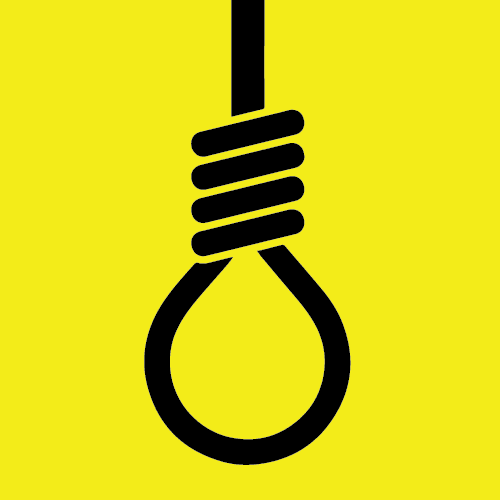PRESS RELEASE
24 May 2017
Malaysia: Call for reforms renewed after shameful secretive executions
Following the secretive execution of two men earlier today Amnesty International renewed its calls to the Malaysian government to immediately establish a moratorium on all executions and urgently reform the country’s laws with a view to abolishing the death penalty.
Yong Kar Mun, a 48-year-old former mineral water seller convicted of discharging a firearm in the course of a robbery and another man convicted of murder were executed around 5.30am today at Sungai Buloh Prison.
“The secretive way through which the Malaysian authorities have been carrying out executions is plain cruel. In these and previous executions, the authorities have added considerable distress to the prisoners and their families and shown blatant disregard for international law and standards − it is high time this practice stopped,” Amnesty International Malaysia Executive Director Shamini Darshni Kaliemuthu said.
Yong Kar Mun’s family was handed a letter from the Sungai Buloh Prison authorities on 22 May, informing them that Yong Kar Mun’s death sentence will be implemented imminently and that they should pay their last visit on the following day. Only then they learned that the execution would have been carried out less than 24 hours later. No further information has been made available on the other case.
“By giving incredibly limited notice of the scheduled executions, the authorities are also preventing those affected to seek further reviews of the cases. Even more so when lives are at stake, transparency is an essential safeguard. Why are they hiding?” Shamini Darshni Kaliemuthu said.
“The government has repeatedly promised legislative reforms on the death penalty, yet no drafts have been shared and more lives have been taken by the gallows. If Malaysia aspires to become a member of the UN Human Rights Council, it should demonstrate its commitment to human rights by ending executions and abolishing the death penalty. The time for action is now,” Shamini Darshni Kaliemuthu said.
Background
Yong Kar Mun was convicted and sentenced to the mandatory death penalty on 5 March 2009 by the Shah Alam High Court, under Section 3 of the Firearms (Increased Penalties) Act, 1971. While a man involved in the robbery was subsequently killed in a police chase, there were no casualties resulting directly from the offence. The imposition of the mandatory death penalty is prohibited under international law, which also states that in countries where it has not yet been abolished, the imposition of the death penalty must be restricted to “the most serious crimes”, meaning intentional killing.
International law and standards require countries which have not yet abolished the death penalty to make publicly available information on their use of the death penalty, as well as ensure that prisoners under sentence of death and their families are given reasonable advance notice of the scheduled date and time of the executions. The laws and prison regulations of Malaysia, however, do not establish procedures for the notification of the implementation of death sentences and the families of death row prisoners are usually provided with only a few days’ notice.
Amnesty International opposes the death penalty in all cases without exception regardless of the nature or circumstances of the crime, the guilt, innocence or other characteristics of the individual, or the method used by the state to carry out the execution. As of today, 141 countries have abolished the death penalty in law or practice; in the Asia Pacific region, 19 countries have abolished the death penalty for all crimes and a further eight are abolitionist in practice. Mongolia is poised to give effect to its new Criminal Code abolishing this punishment in July 2017.


